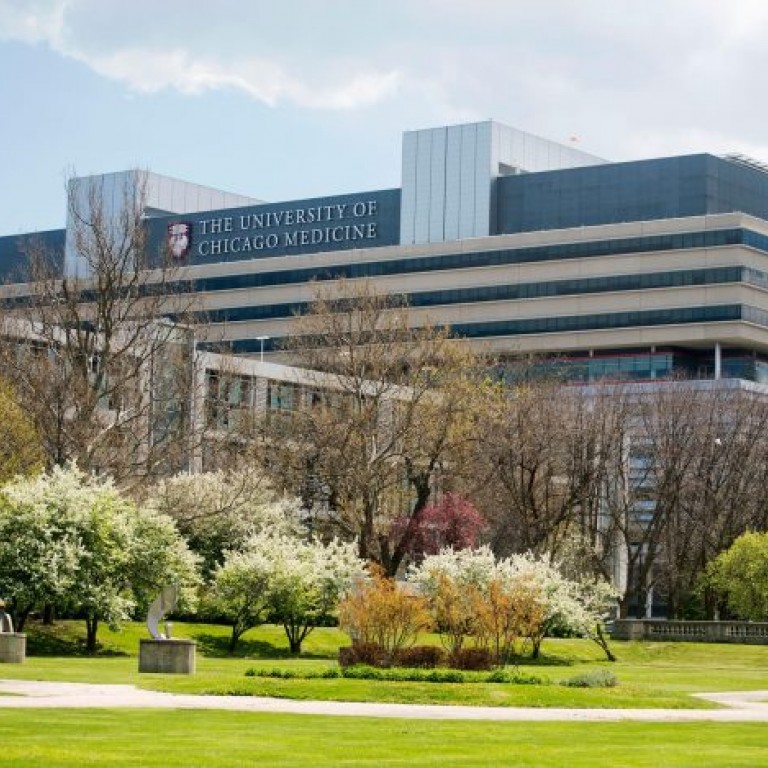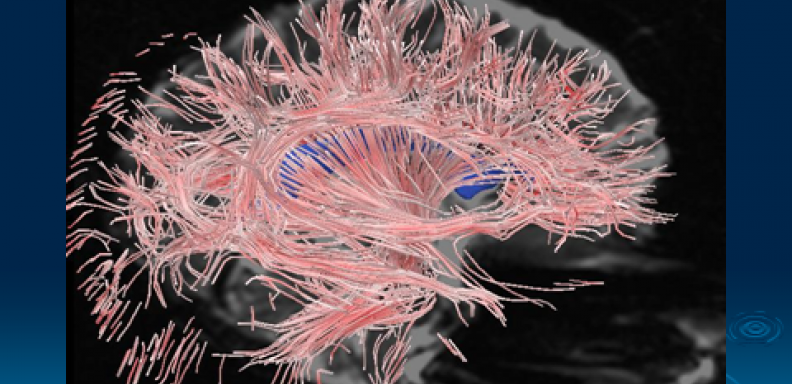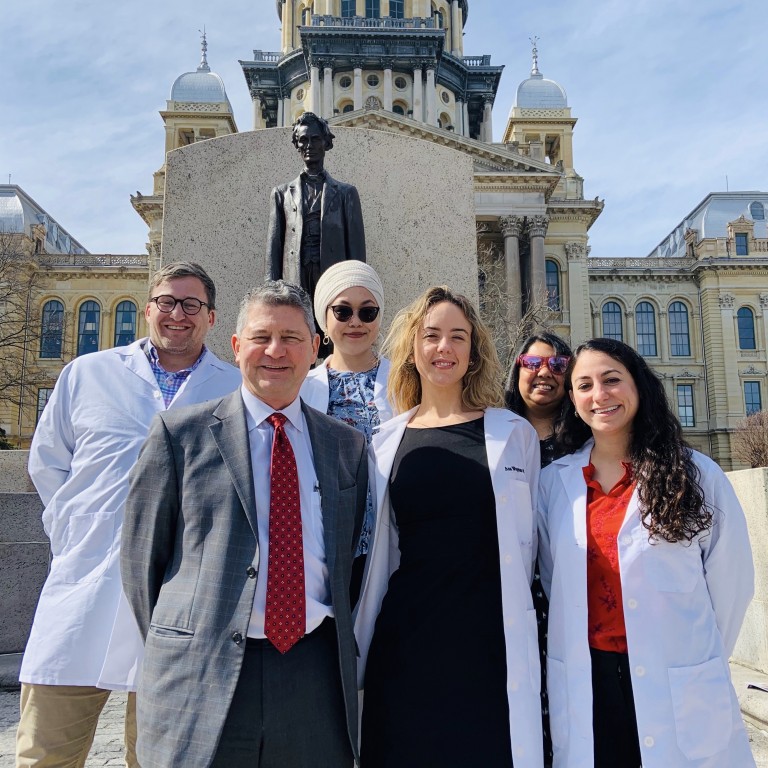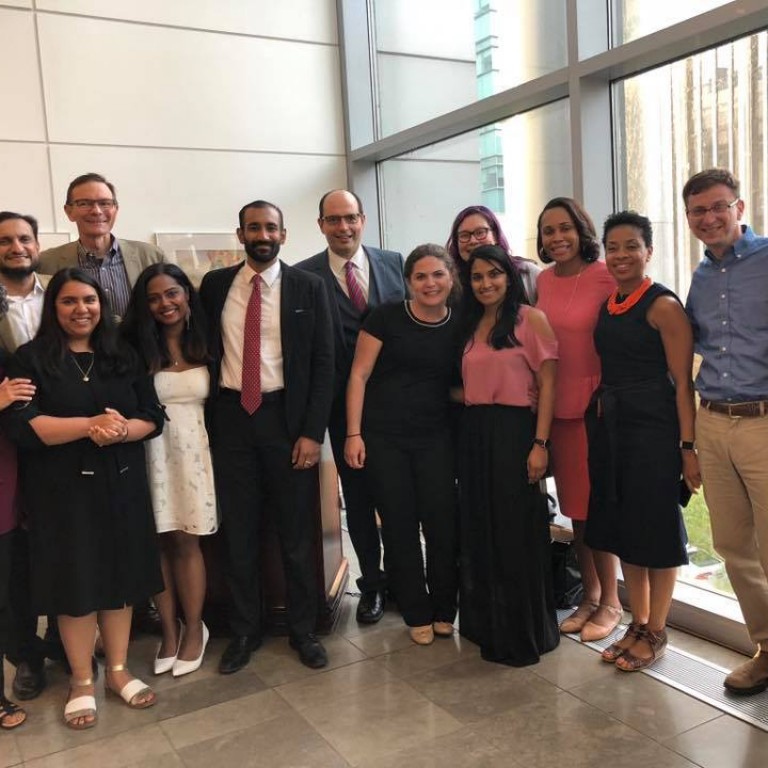Message from the Director of Psychology Training
October 8, 2025
Dear Postdoctoral Fellowship Applicants:
Congratulations on being at this point in your graduate training! Thank you for your interest in the Health Service Psychology Postdoctoral Fellowship Program at the University of Chicago Medicine (UCM). We are pleased to provide you with our updated 2026-2027 postdoctoral fellowship information.
Our health service psychology postdoctoral fellowship program is based in the Department of Psychiatry and Behavioral Neuroscience at the University of Chicago, in the Adult and Child sections. Psychology training at the fellowship level is integrated within the interdisciplinary educational mission of the Department and the larger Medical Center. Our postdoctoral fellowship program is designed to provide supervised experience to meet licensure requirements in Illinois while supporting the development of advanced competencies in a focus or recognized specialty practice area. Upon completion of fellowship, we expect that fellows will be prepared for independent practice in academic clinical settings and especially well-suited to careers in academic medical centers where they may hold a variety of clinical, educational, administrative, and scholarly roles. The hallmarks of our program include socially-responsive, evidence-based approaches to assessment, intervention, and consultation and the integration of science and practice. We offer several clinical postdoctoral fellowships each year depending on funding and the recruitment cycle. Our department also offers research fellowships funded via institutional training grants (T32) in substance use and eating disorders that also afford opportunities to accrue supervised hours for licensure.
Our postdoctoral fellowships allow our trainees to build advanced professional competencies in their designated area of interest and expertise, consistent with their future professional goals and career aspirations. Our fellowships are therefore individualized and can be tailored to meet each fellow’s specific training goals. Each fellow receives at least two hours of individual supervision each week and attends at least two hours of didactics designed to enhance acquisition of profession-wide and specialty competencies in health service psychology. Fellows also have protected time for scholarly activities and to refine their teaching skills through provision of lectures and supervision. The exact details of each fellow’s experience are collaboratively determined to ensure the accomplishment of their training goals. We believe that we offer a challenging and supportive setting for completing advanced training in health service psychology.
Following the COVID-19 pandemic, changes in clinical practice and health service psychology continue to be reflected in our policies and procedures, including arrangements for telehealth, telesupervision, and hybrid work. We also operate within a large and dynamic healthcare system where changes may occur quickly and with little notice. The safety of our trainees, staff, faculty, and patients as our paramount concern, while continuing to meet the needs of the communities we serve. We are grateful for the scientific strides that have contributed to a greater understanding of disease and the availability of vaccination. All employees at UCM are required to be vaccinated for influenza and COVID-19 (with medical or religious exemptions available in rare circumstances). Our program is primarily in person and on site, although we do offer the flexibility of telehealth to patients who request these services. These telehealth visits are usually provided from on site. We provide didactics and supervision in person unless video formats are indicated for convenience, flexibility, and/or safety. Trainees are required to be on site for a minimum of three days a week, with most trainees on site every day. We believe that this in-person engagement is essential to facilitate the development of a support system and cohort experience among fellows, to build a general sense of community, to socialize with other trainees, staff, and faculty, and to optimize interprofessional collaboration. Our training program, department, division, and institution follow infection control procedures and national and state regulations as informed by science and safety. We are committed to maintaining the integrity of our training program and the acquisition of profession-wide competencies while balancing the safety of our trainees, faculty, and patients. Over the past few years, we learned that it is impossible to have definite expectations for the future, and we recognize that ongoing flexibility and creativity is necessary.
Postdoctoral fellowship offerings at the University of Chicago Medicine are determined each year depending on funding and the recruitment cycle. Our fellowships include the options listed below. Please note that all fellowships do not recruit each year.
- Pediatric Psychology (1 position)
- Child Trauma (1 position)
- Adult Clinical Health Psychology (1 position)
- Obsessive-Compulsive and Related Disorders (1 position)
- Addictions (1 position)
- Psychogastroenterology (1 position)
- Psychosocial Oncology (1 position)
- Clinical Neuropsychology (2-year fellowship 2025-2027; not recruiting for 2026)
- Research fellowships are advertised separately and on a different timeline.
For the 2026-27 training year, we will abide by the APPIC Selection Standards. We will be recruiting one fellow in each of the following tracks: Pediatric Psychology, Child Trauma, Adult Clinical Health Psychology, Obsessive-Compulsive and Related Disorders, Addictions, Psychogastroenterology, and Psychosocial Oncology. Detailed application instructions are included in the brochure. Please specify the fellowship track to which you are applying to in your cover letter. Our application deadline is Friday, December 12, 2025 (11:59 pm EST). Our annual stipend is consistent with NIH salary guidelines for postdoctoral training ($62,838) and is offered as part of a comprehensive package of benefits. You will be contacted by email if you are selected for an interview. We will conduct virtual interviews on Mondays, January 5 and January 12, 2026.
Before deciding to apply to our postdoctoral fellowship program, please review our brochure very carefully. We want you to fully appreciate the structure of our program and determine if our offerings are aligned with your professional goals for this culmination of your training in health service psychology. We encourage applications from individuals from groups that are historically underrepresented in health service psychology education and training. If you decide to train with us during your fellowship, we will work with you to provide you with the skills necessary to become an independently licensed health service psychologist who is well prepared for focused and/or specialty practice in an academic clinical environment and able to integrate science and practice while serving diverse populations.
Read on for more details about our program! We wish you luck as you complete your degree and make decisions about your final training experience. We appreciate the time you will invest in completing the application to our program and promise to thoroughly review your materials. We look forward to learning more about you and possibly meeting you on screen and in person. If you have questions that are not answered in our written materials, feel free to contact us by email. Please note that we do not offer informational meetings via phone or video prior to our program’s formal interviews later in the season.

Shona Vas, Ph.D., ABPP
Director, Psychology Training
Director, Cognitive-Behavior Therapy Program
Associate Professor, Psychiatry & Behavioral Neuroscience
Contact Information: svas@bsd.uchicago.edu



